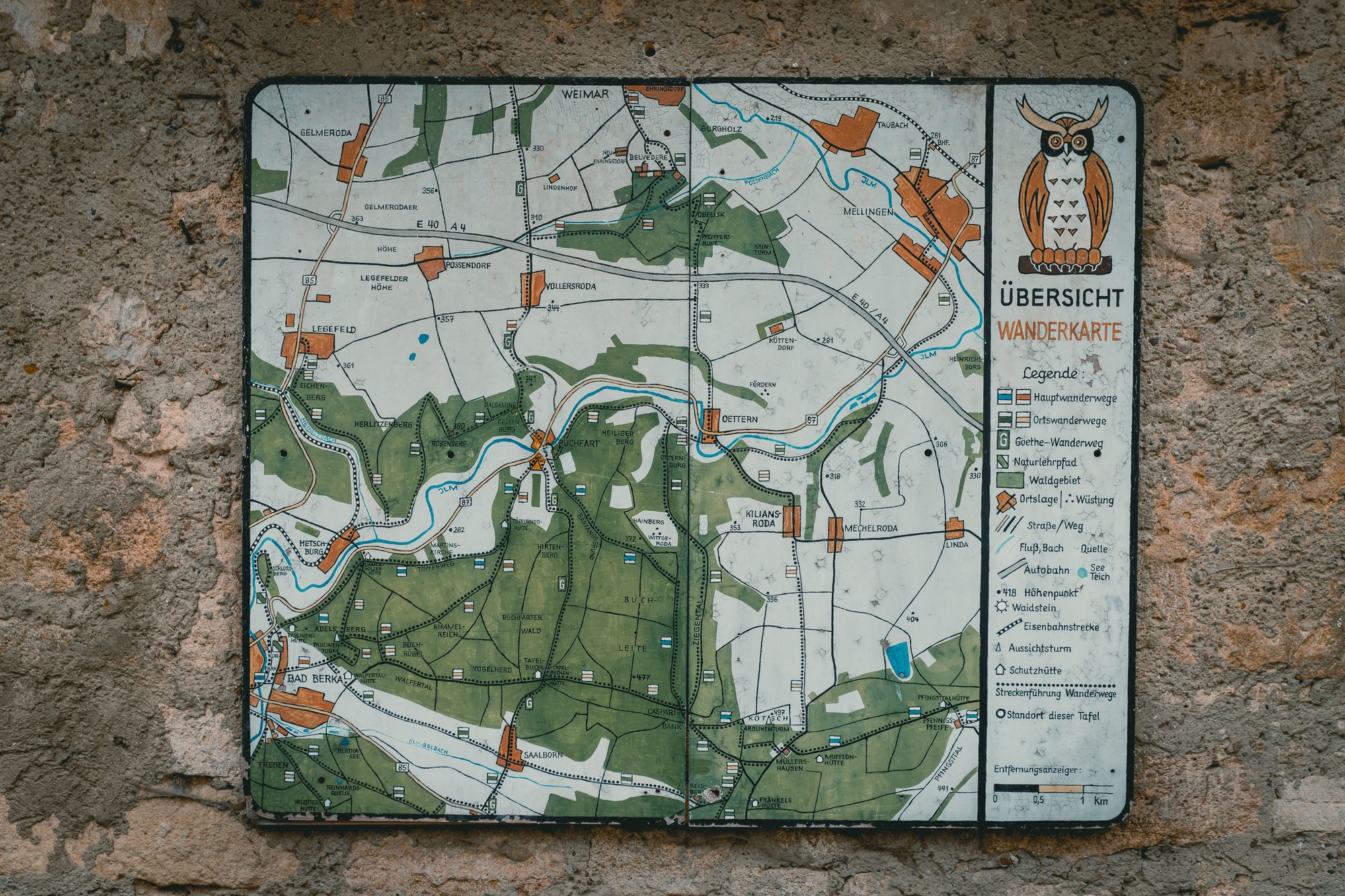Whether you just started learning a language or you’re nearly fluent, we’re willing to bet that you could use some ways to practice your language skills that don’t involve staring at a screen. (Has anyone attended a Zoom happy hour since April?)
We’ve rounded up 12 ways to take your language skills to the next level with minimal to no screen time. Read through, and then feel free to shut your laptop or put down your phone and give your eyes a break.
Listen to audiobooks in your target language
Rather than cracking open a dusty textbook, plug in your headphones and play an audiobook in your target language. You can go about daily tasks like cleaning, cooking, or cardio while you work on your comprehension and listening skills.
Here are 11 websites where you can find thousands of free audiobooks at the tap of a button.
Try exercise classes in your target language
Whether it’s a written workout or YouTube video, sweating along with a native speaker is an easy way to pick up fitness vocabulary and fine-tune your comprehension skills. Plus, it never hurts to get some extra movement in.
Make a playlist in your target language
If you’re plugged into a playlist nearly every waking hour but haven’t added foreign language tunes to your repertoire, now is the time. Not only will you pick up slang, but you’ll also fit right in with fluent speakers once you can sing along to all of their favorite jams. If you’re not sure where to look, Spotify has a variety of foreign language playlists to get you started.
Write in a journal daily
Whether you want to try your hand at writing poetry in a foreign language or simply document your daily life, keeping a journal dedicated to your target language is a great way to practice writing and reading skills.
If you’re not sure what to write, check out this list of 50 ways to hone your foreign language writing and try them out in your journal. Even if your entries are beginner-level, you can still pick up new vocabulary words and become more confident in first-person writing.
Cook up a recipe written in your target language
Next time you make dinner, try out a recipe written in your target language. This is an easy way to pick up kitchen and cooking vocabulary, as well as improve your cultural chops by making a traditional recipe.

Try out foreign language podcasts
Just like creating a foreign language playlist or trying out an audiobook, finding a fun foreign language podcast to tune into while you go about your day is an easy way to improve your comprehension and listening skills.
Whether it’s a beginner-friendly podcast like 101 Series or a more advanced option like Deutsche Welle, there’s a variety of podcasts for every skill level.
Pick up food at your local ethnic grocery store
Depending on the city you’re based in, exploring an ethnic grocery store that offers food from a foreign country is a great way to immerse yourself in the language while travel isn’t possible. For extra points, try cashing out at the register in your target language. (Don’t forget your mask and hand sanitizer.)
Order dinner in your target language
Find an authentic restaurant that is owned and operated by fluent speakers. If you’re dining in, ask if any servers speak your target language. You can practice ordering, which is undeniably one of the most useful skills to pick up!
If you have any friends who are also learning your target foreign language, invite them along and practice your conversation skills over a delicious meal.
Set your maps and Siri to your target language
Instead of getting directions to your destination in your first language, try setting your maps and Siri to your target language. This practice will have you ready to navigate with ease once we’re able to travel again — you’ll be an expert at giving and getting directions.

Create your own dictionary of slang and short phrases
Ever hear an interesting phrase, slang word, or colloquial term in a foreign language only to forget it soon after? Creating your own mini dictionary is a great way to jot down new vocabulary and terms that pop up as you learn. We recommend a small journal so you can take it with you anywhere, plus writing instead of typing often helps you retain the information better.
Label items around your home
Use post-it notes or stickers to label common household items in your target language. You’ll become a pro at household vocabulary since you’ll see it every day.
Translate a news article or book excerpt into your target language
Translating from your native language to your target language will boost your writing skills and give you practical vocabulary words to use later on. You can use your foreign language journal to practice translating, and keep your handmade dictionary on-hand to add in any new words you learn!
Whether it’s cooking an authentic homemade meal or having a solo dance party to your foreign language playlist, there are a ton of ways you can practice your language skills without spending more time staring at a screen.
Have more suggestions? Let us know in the comments!

 Spanish
Spanish
 French
French
 Italian
Italian
 Arabic
Arabic
 Portuguese
Portuguese
 German
German
 Chinese
Chinese
 Japanese
Japanese
 Russian
Russian